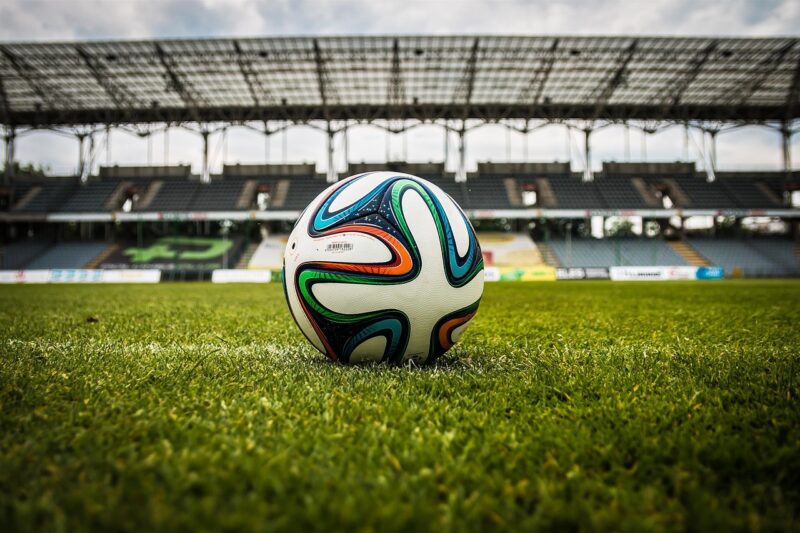Argentina’s Football Legends: Icons Who Carried a Nation’s Hopes
November 12, 2024

Football, or soccer as it is known in some parts of the world, is not merely a sport in Argentina; it is a way of life. Every citizen breathes football, and the passion is palpable. This emotional connection to the sport has been fueled by a multitude of extraordinary players who have emerged from the land of tango, enhancing the national pride with thrilling performances on the global stage. From Diego Maradona’s mesmerizing dribbles to Lionel Messi’s astounding footwork, Argentina has produced legends that transcend the sport itself.
1. The Legacy of Diego Maradona
Diego Maradona is often hailed as one of the greatest footballers to ever grace the pitch. His career peaked during the 1986 FIFA World Cup when he captained Argentina to its second championship. Maradona’s “Hand of God” goal and his incredible solo effort against England in the same match are now legendary moments that reflect his genius and controversial nature.
From his youth in Villa Fiorito to the bright lights of Napoli and Barcelona, Maradona’s career is filled with triumphs and trials. He endured a tumultuous life off the pitch, battling personal demons and health issues, yet his contribution to the world of football remains unparalleled.
2. The Rise of Lionel Messi
Following in the footsteps of Maradona is Lionel Messi, another Argentinian prodigy whose career continues to captivate fans worldwide. Born in Rosario, Messi’s journey to football stardom was not easy. Diagnosed with growth hormone deficiency as a child, he moved to Spain to join FC Barcelona’s youth academy, La Masia, where he flourished into one of the game’s finest talents.
Messi’s records are staggering: including but not limited to seven Ballon d’Or awards, he has shattered countless scoring records and brought home numerous titles for Barcelona, including multiple UEFA Champions League trophies.
Despite individual accolades, Messi’s aspirations of similarly leading Argentina to international glory were tested for many years. The 2021 Copa America victory marked a poignant moment, fulfilling his nation’s longstanding desire for a title, thus reinforcing his status as a national hero.
3. Other Icons of Argentinian Football
Besides Maradona and Messi, Argentina has birthed numerous football icons who left indelible marks on the sport. Player like Alfredo Di Stéfano, often referred to as one of the best forwards in history, is celebrated for his pivotal role at Real Madrid during the 1950s and 60s. His incredible versatility on the pitch showcased the transition of a footballing era.
Another noteworthy figure is Juan Román Riquelme, a maestro who is often lauded for his extraordinary vision and passing ability. Riquelme’s influence was critical during his stints with Boca Juniors and the national team, leading Argentina to several domestic and international victories.
Lastly, a mention of Gabriel Batistuta is vital; one of the most prolific strikers in World Cup history, his powerful shots and skillful play made him a darling among fans and a significant part of Argentina’s footballing heritage.
4. Cultural Impact of Football in Argentina
As much as football is about victories, it intertwines deeply with Argentine culture and identity. The sport is a unifying force, allowing varying social classes to come together, sharing the common love for the game. The rich football heritage is also celebrated through local clubs, such as Boca Juniors and River Plate, whose fierce rivalry generates some of the sport’s most intense atmospheres.
Keeping the cultural impact in mind, the government and local organizations actively promote youth football at grassroots levels, aiming to ensure that future generations can enjoy and participate in the sport. These efforts are essential for nurturing the next wave of talents, who may one day wear the prestigious blue and white jersey, carrying not just their dreams but also the hopes of the nation.
5. The Future of Argentine Football
With legends like Messi nearing the end of their careers, there’s a natural curiosity about the next generation of footballers who will arise to shoulder these enormous expectations. Young talents like Lautaro Martínez, Rodrigo De Paul, and Giovani Lo Celso show immense promise and talent, suggesting that the legacy of Argentine football will certainly prevail. These players are gaining prominence in Europe, buying into Argentina’s passion for the game and tradition.
The Argentine football system also emphasizes developing skills from a young age, focusing on technical abilities, creative play, and tactical understanding. As these young talents evolve and receive representation on global platforms, they will contribute to the nation’s longstanding identity in football, ensuring that Argentina remains a powerhouse on the world stage.
Conclusion
Argentina’s football legends have not only graced the sport with their exceptional skills but have also woven their stories into the fabric of the nation itself. These icons have carried the hopes and dreams of millions, making significant contributions on and off the pitch. As the game continues to evolve, the spirits of legends like Maradona and Messi fuel the aspirations of newly emerging talents—ensuring that Argentina remains a remarkable force in the world of football for generations to come.
Celebrating these legends is vital for football enthusiasts and serves as a reminder of how integral this beloved sport is to Argentine culture and identity. Through their achievements and perseverance, they inspire future generations, reinforcing Argentina’s enduring reputation as a global footballing giant.







